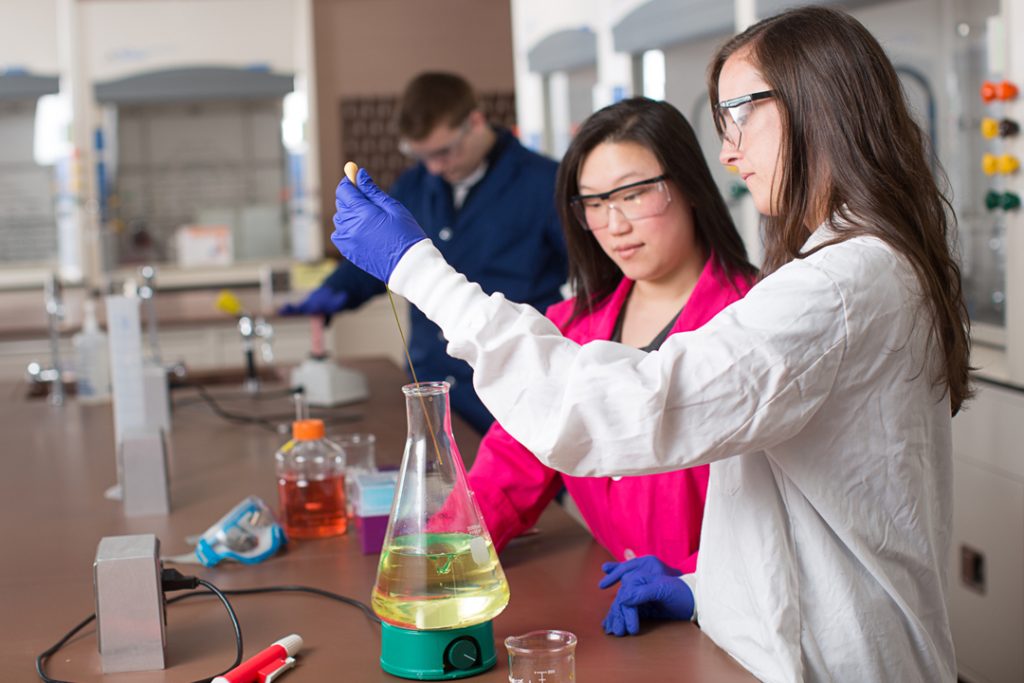In a groundbreaking stride at the intersection of biochemistry and nanotechnology, the Biochemistry Research Program has embarked on an ambitious venture into nano-scale wonders. This pioneering initiative marks a paradigm shift in scientific exploration, as researchers harness the power of nanotechnology to unravel the intricacies of biological systems and develop innovative applications with far-reaching implications. The fusion of biochemistry and nanotechnology holds immense promise, providing a unique avenue for manipulating and understanding biological processes at an unprecedented scale. At the heart of this endeavor lies the ability to manipulate matter at the nanoscale, a dimension where the fundamental building blocks of life operate. By leveraging nanotechnology, researchers aim to design and engineer structures with dimensions on the order of nanometers, allowing for a level of precision and control that was previously unattainable. This precision holds the key to unlocking new insights into cellular and molecular processes, shedding light on the complexities of biological systems with unprecedented clarity. One of the primary focal points of this research initiative is the development of targeted drug delivery systems.

Nanotechnology offers the potential to revolutionize drug delivery by enabling the creation of nanoparticles tailored to interact with specific cells or tissues. This level of specificity not only enhances the efficacy of treatments but also minimizes side effects by precisely targeting the affected areas. The Biochemistry Research Program’s foray into nano-scale drug delivery could herald a new era in personalized medicine, where treatments are finely tuned to an individual’s unique biological makeup. Moreover, the exploration of nano-scale wonders extends beyond the realm of therapeutics. The program is delving into the development of nanoscale biosensors capable of detecting minute concentrations of biomolecules. These biosensors have the potential to revolutionize diagnostics, offering rapid and highly sensitive detection of diseases at an early stage. The integration of nanotechnology with biochemistry allows for the creation of biosensors that can detect specific biomarkers indicative of various diseases, providing a powerful tool for early intervention and personalized treatment plans.
In addition to healthcare applications, the biochemistry science program is exploring the use of nanotechnology in environmental monitoring. Nanoscale devices could be employed to detect pollutants, monitor environmental changes, and facilitate the development of sustainable solutions to address pressing environmental challenges. The marriage of biochemistry and nanotechnology opens up new frontiers in scientific inquiry, offering a multidisciplinary approach to address some of the most pressing issues facing humanity. As the Biochemistry Research Program pioneers this convergence of disciplines, the potential implications for advancements in medicine, diagnostics, and environmental sustainability are profound. The nano-scale wonders uncovered through this initiative are poised to reshape the landscape of scientific discovery, ushering in a new era where the marriage of biochemistry and nanotechnology holds the key to unlocking the secrets of life and transforming the way we approach health and the environment.
Categories: Health
